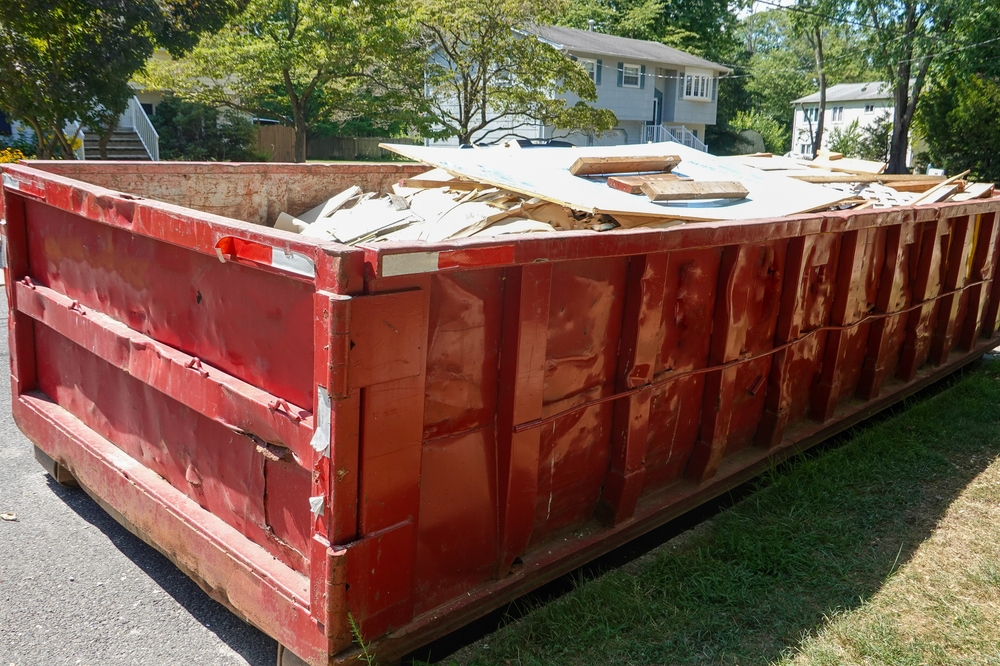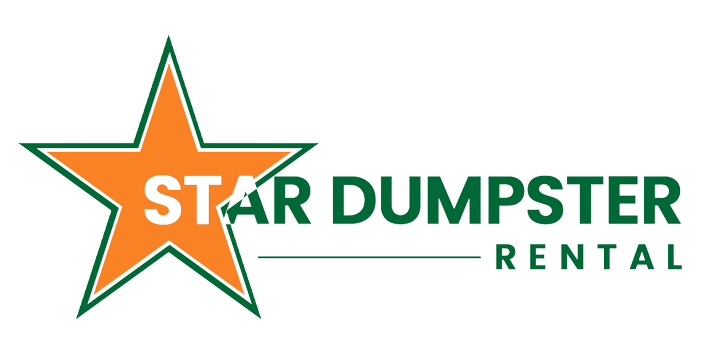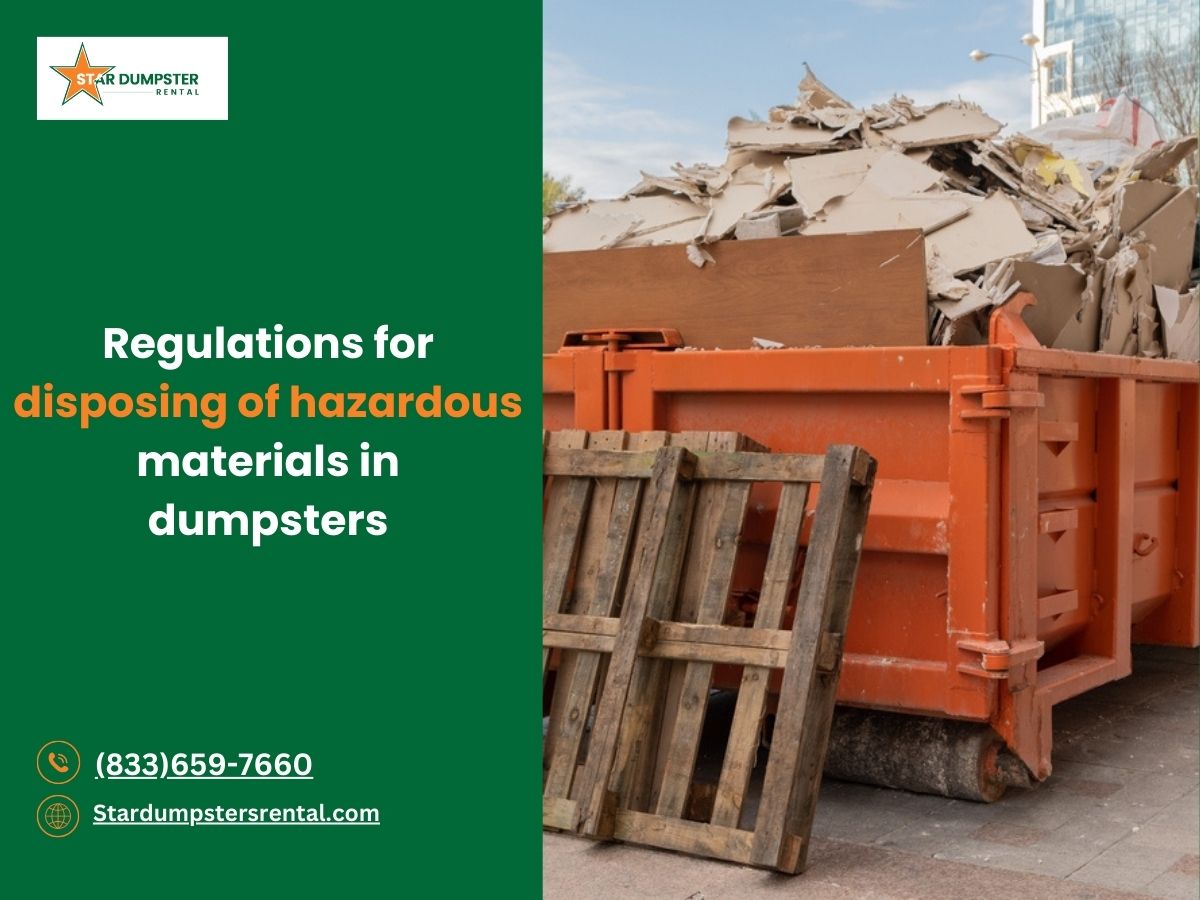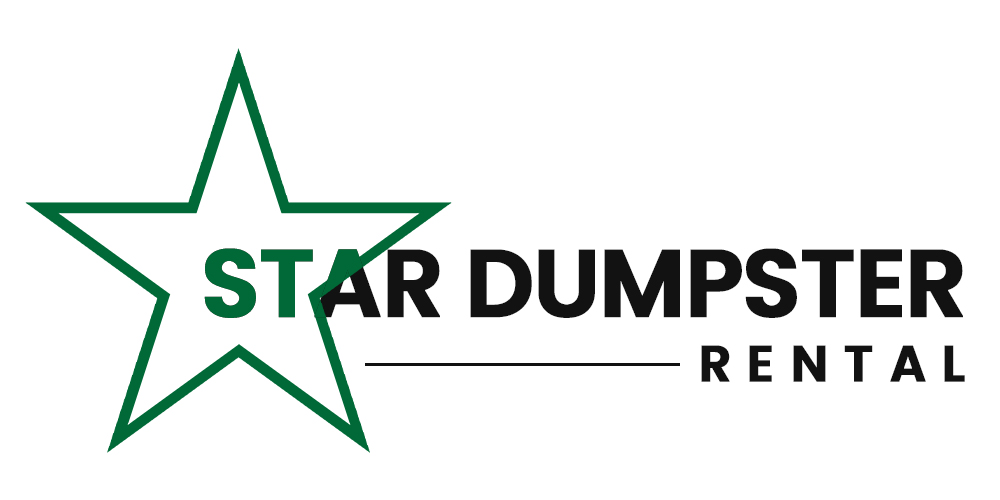Do you know what items you should never throw in a dumpster due to their hazardous nature? It’s crucial to recognize the difference between regular trash and materials that could pose a risk to our environment and health. Every year, millions of Americans face the challenge of disposing of hazardous waste safely and responsibly.
Today, we will help you understand the regulations surrounding the disposal of hazardous materials in dumpsters. Along, with which items are considered dangerous and how to manage them properly. Let’s navigate the rules to ensure we’re all doing our part in protecting the planet and our communities.
Guidelines for recycling and donating items from dumpster rentals
When clearing out space or disposing of unwanted items, consider recycling and donation as viable options to manage waste responsibly. Items typically found in dumpster rentals like electronic waste, household goods, and construction materials can often be recycled or donated.
Contact local recycling centers to find out what materials they accept and inquire with charities about their need for items you wish to donate. This approach not only helps reduce landfill usage but also supports community resources and environmental conservation efforts.
- Identify Recyclable Materials: Dumpster rental clients should be able to segregate their recyclable waste which includes paper, plastics, metals, and electronic waste from the rest. Recycling helps to avoid the increase of landfill waste and promotes the effective use of resources.
- Proper Disposal of Hazardous Substances: Chemicals such as thermoses paint cans propane tanks or alkaline batteries must not be thrown with the recyclables. All three should be handled carefully and disposed of in appropriately licensed hazardous waste facilities.
- Donating Usable Items: It is important to keep in mind that a dumpster is not a great solution whenever there is furniture, appliances, and clothing that can easily be given away to local charities and second-hand stores. This cuts expenses and helps those in the community that need it.
- Use Hazardous Waste Containers for Medical Waste: Medical waste should be dumped in hazardous waste containers and never be recycled or donated since it poses great risks to health. You should always follow the recommended guidelines at your place for the disposal of medical waste.
- Consult with Dumpster Rental Company: Speak with Star Dumpster Rentals about our policies for handling electronic waste and construction debris. We can provide specific guidance on what can be recycled and the best practices for disposal.
What Includes Hazardous Waste?
Hazardous waste includes items that pose a significant safety risk or environmental hazard, such as:
Propane Tanks
Propane tanks should never be thrown away with the trash or the dumpsters as they pose danger when compressed. However, they should be sent back to the propane company, to refill stations, or to a hazardous waste disposal company capable of handling them. Numerous suppliers offer an option for the exchange program or proper disposal of old tanks. It is also important for the tank to be fully devoid of chemicals before getting rid.
Paint Cans
Paint cans, in general, and especially the ones with left-over paint, should be handled with care. Used paint cans need to be taken to a hazardous waste site. If the paint is dryable and is of acrylic or water-based samples, one can simply dry out the paint before disposal by letting it open or by mixing a small amount of cat litter or a paper towel before throwing it. After full drying, these cans may be recycled or thrown as regular waste, but first of all, always consult local waste disposal to determine the best way to dispose of cans.
Flammable Materials
The other wastes which are extremely inflammable like gasoline, solvents and even some varieties of adhesives need to be transferred to the hazardous waste site. It is important to note that these materials should never be placed in household garbage or industrial waste as they are highly combustible and can lead to a fire hazard. Utilization of proper containers for transportation is key, and if it is possible, you have to finish these substances.
Medical Waste
Scrap metals and items should be recycled according to state and federal regulations and sharps/contaminated materials disposed of according to state/federal laws. This entails specific receptacles and waste pickup and disposal services dedicated to medical waste. These services are offered by hospitals and clinics and also by some pharmacies for individuals.
Alkaline Batteries
Modern primary alkaline batteries (AA, AAA, etc. ) are not considered regulated hazardous waste and thus can be thrown out with household waste in most U. S. localities, though recycling is preferred. These batteries can be disposed of in many stores and recycling centers so they do not become a candidate for dumping metals and chemicals in the environment.
Electronic Waste
Electronic waste, or e-waste, includes items like computers, smartphones, and televisions and contains toxic substances. Disposal should occur at an e-waste recycling facility where these items can be safely dismantled, and valuable materials can be recovered. Local electronic stores often offer recycling services, and some communities host e-waste collection events to facilitate proper disposal.

Environmental Regulations and Compliance for Dumpster Waste Management
- Segregate Hazardous Wastes: Separate paint cans and propane tanks as hazardous wastes from other garbage to adhere to environmental control.
- Proper Disposal of Electronic Waste: Recycle electronics at recycling programs to avoid disposal of toxic parts via garbage.
- Adhere to Local Guidelines: Dispose of medical waste and flammables according to local or state requirements.
- Use Licensed Contractors: Hire professionals by using licensed contractors for the removal of hazardous fluids and construction materials and their waste safely and in line with the regulations of the law.
- Recycle Appropriately: Recycle items such as alkaline batteries and other recyclable materials to avoid causing damage to the environment and preventing the contribution of waste to the earth and landfills.
Conclusion
Identifying the type of garbage that is considered hazardous is the first step towards proper disposal of garbage. We do our part, learning how to maintain the surrounding areas and following the rules, so that we do not endanger our health as well as the health and safety of our community. Always assume that you are not 100% sure that the item is safe to dispose of in your own home and that’s when you should consult the services of a professional for proper disposal of the item.
At Star Dumpster Rentals, we are committed to assisting you with responsible waste management. The authors will provide the support needed to rent containers and adopt the right strategies for the disposal of regular and hazardous trash. We can help you in every stage of your project cleanup and provide you with a guarantee that the work can be done in a safe and compliant way.


